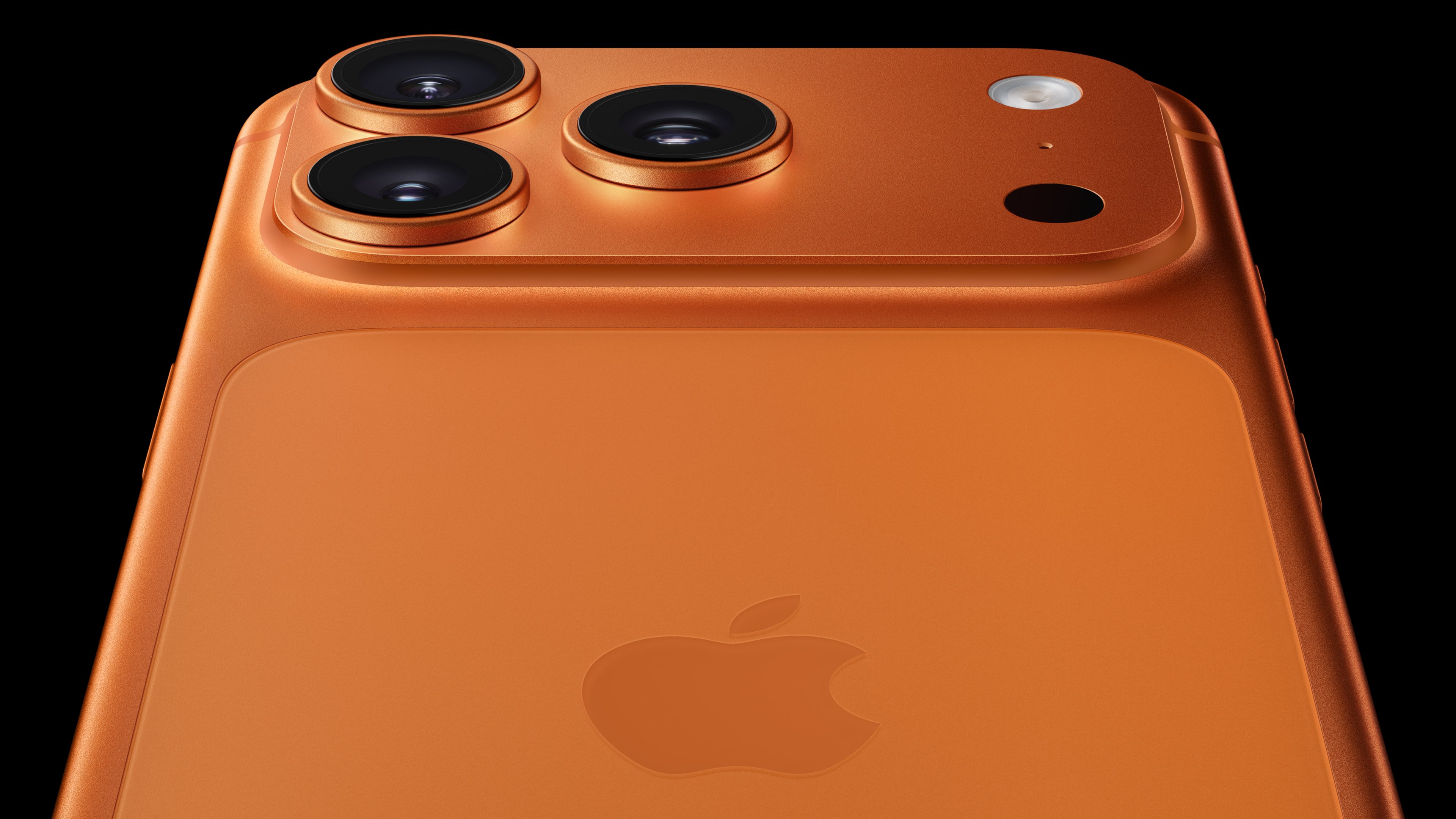You wouldn't have thought it possible a couple years ago when Steve Jobs was in charge, but now Apple (AAPL 0.68%) has shown that it's willing to make both love and war with Google (GOOG +1.15%) Android.
Over the past few months, the Mac maker scored a major legal victory against key rival and supplier Samsung over patent infringement, and then proceeded to settle claims and ink a decade-long patent licensing deal with Android OEM HTC. With Samsung potentially on the hook for over $1 billion in damages, the South Korean conglomerate is particularly interested in how its Android brethren called a truce with Apple, even though the company has said it's not interested in settling with Apple.
A tale of three patent buckets
Like all things Apple, the terms of the settlement with HTC are "confidential," but some current and future patents are covered by the licensing agreement. Which specific patents Apple is licensing to HTC may have some bearing on Samsung's own battle with its largest component customer.
Apple classifies its IP portfolio into three broad buckets: standards-essential, computing, and user experience. Apple takes a different stance on its propensity to license these different buckets.
Since companies holding standards-essential patents are required to license them, Apple plays along nicely with others and does so. When it comes to Apple's computing patents, the company doesn't necessarily have to license them and doesn't particularly want to, but it will and does to a certain extent.
It's the last category -- Apple's user experience patents -- that the company is very guarded. During the Samsung trial, Apple's head of patent licensing and strategy Boris Teksler said that since these types of patents aren't needed to build devices, the only real reason a company would want access to the IP is to build a copycat product with a similar experience and interface, adding, "We strongly desire not to license it."
That's not to say Apple never licenses its user experience patents, but that it only does so in "with rare exception."
Not so irreparable, after all
Some of these patents were involved in the case against Samsung, such as the "rubber-band effect" and "pinch-to-zoom" patents that Sammy was found guilty of infringing in nearly all of the accused devices. Samsung is also facing a possible sales injunction on these guilty gadgets, based on Apple's claim that it would suffer irreparable harm if they stay on the market.
This is where the plot thickens, because if it turns out that Apple has indeed licensed the user experience patents in question (the '915 and '381 patents), it would have clearly demonstrated that it's willing to "forego exclusivity in exchange for money," according to Samsung's filing. That would undermine the "irreparable harm" idea that's typically only used when money alone doesn't cut it, and subsequently Apple's requested sales injunction would likely fall through.
Samsung believes it's "almost certain" that these patents are included in Apple's settlement with HTC. Patent specialist Ron Laurie also told Reuters that it would be unlikely for HTC to settle if these patents weren't included.
If Samsung can find out that Apple licensed these patents to HTC, then those guilty Galaxies may stay on sale this holiday shopping season.
Settle, Moto
Apple's even reportedly exploring peace talks with Google itself via its Motorola subsidiary. The companies have been battling over standards-essential claims for quite some time, primarily as it relates to the actual royalty rates owed.
Apple and Motorola are pursing arbitration to settle the score. In a filing, the company said, "Apple is also interested in resolving its dispute with Motorola completely and agrees that arbitration may be the best vehicle to resolve the parties' dispute." Google chimed in, "We have long sought a path to resolving patent issues and we welcome the chance to build on the constructive dialogue between our companies."
If Apple and Big G's Moto end up settling, that would add insult to Samsung's $1 billion injury.






